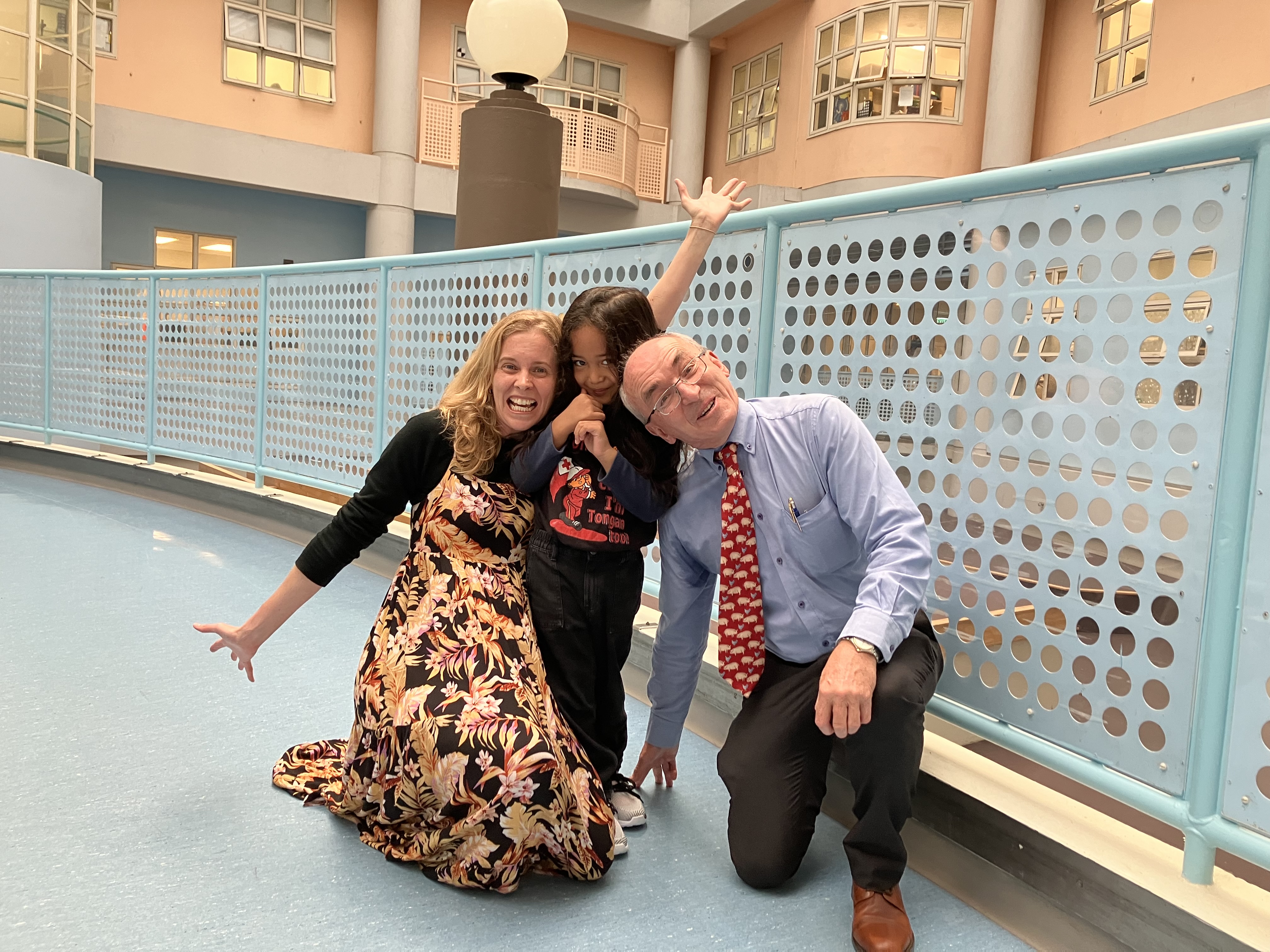Hospital admissions for pre-schoolers with wheeze could be prevented with new research
The most common cause for hospital admissions in preschool-aged tamariki is wheeze.
Wheeze is the shrill, coarse whistling or rattling sound you hear when a child’s airways are partially blocked. About 3000 children are admitted to hospital with wheeze every year in New Zealand. Once a child has been admitted once, the likelihood of repeated admissions is increased.
Starship Paediatrician, Dr Cameron Grant is leading the New Zealand part of an Australasian study to investigate a treatment to prevent preschool-aged children going to hospital for this respiratory illness, with funding support from the Starship Foundation.
“It’s the most frequent cause of preschool-aged children being hospitalised and the current treatments aren’t that effective,” says Dr Cameron Grant.
“Preschool wheeze is an illness that causes repeated trips to the hospital, and a lot of angst for the children’s families.”
The study involves 45 hospitals in New Zealand and Australia, including Starship, Kidz First, Waitakere, Waikato, Tauranga, Christchurch and Dunedin hospitals.
Recruitment is underway to find 900 tamariki and whānau from Aotearoa to take part, along with 1400 participants from Australia. Half the participants will get a placebo, and half the participants will get the medicine OM-85 to test how effective it is.
OM-85 stimulates immune responses associated with defence against viral infections. It reduces the excessive inflammation that is associated with wheezing episodes.
If the OM-85 treatment is effective, it could prevent children ending up in hospital.

An inequitable illness
Preschool wheeze is an inequitable illness disproportionately affecting Māori and Pasifika. Māori whānau are twice as likely to have a preschool-aged child admitted to hospital compared to non-Māori families.
“Several things contribute to Māori and Pasifika having more hospital admissions due to preschool wheeze. Māori and Pasifika families tend to come from larger households, so the younger children in the households get exposed to more respiratory illnesses. A larger proportion of Māori have lower birth weights, so their airways tend to be a smaller and become narrowed more quickly by the inflammatory response to viral infections.” says Dr Grant.
“We have to find ways to help children with preschool wheeze that are more effective and focus efforts to level the playing field for Māori and Pasifika to create a more equitable system over time.”
Asthma metered-dose-inhalers have a negative environmental impact
Current treatments for wheeze are not as effective for preschool-aged children as they are for older children and are also bad for the environment. Asthma inhaler propellants, called hydrofluoroalkanes, have very strong global warming effects up to 3800 times more than that caused by carbon dioxide.
If your child has been in hospital with wheeze, you could be part of this ground-breaking study. Register your interest here.
Thanks to the generosity of New Zealanders like you who support Starship, many children may be able to avoid a wheeze-related hospital visit in the future. With your help, we can also fund other critical research projects and improve health outcomes for our precious children.
